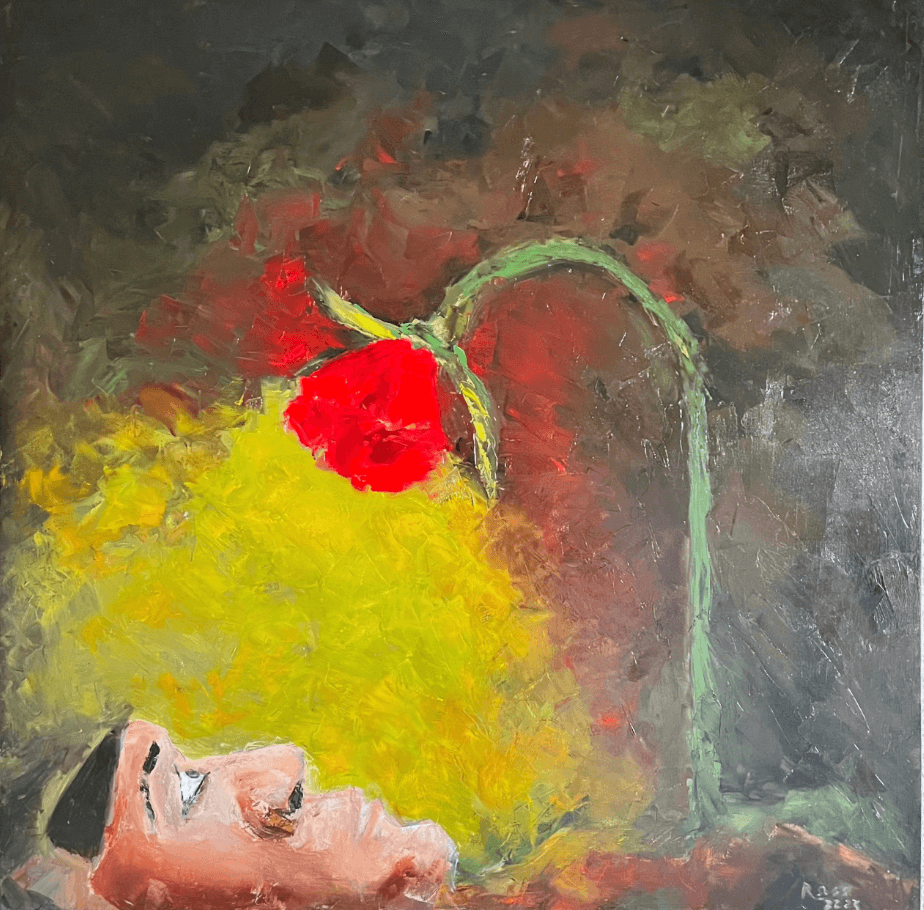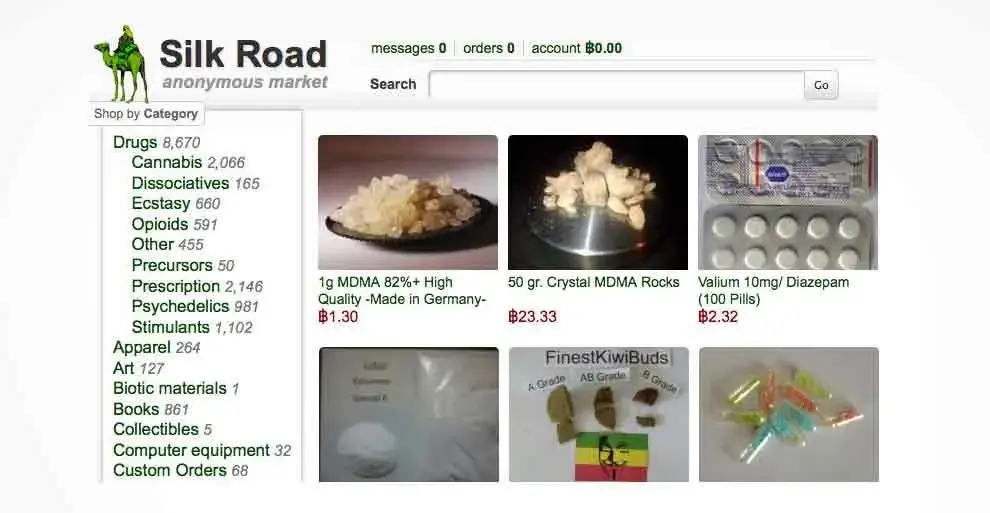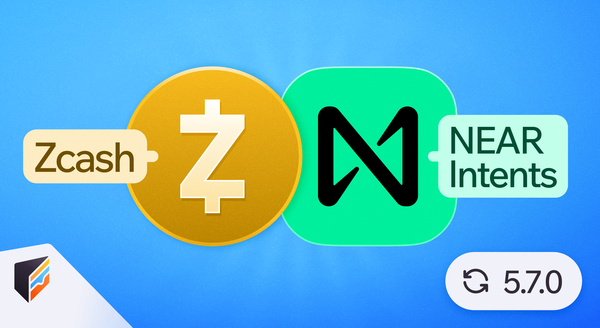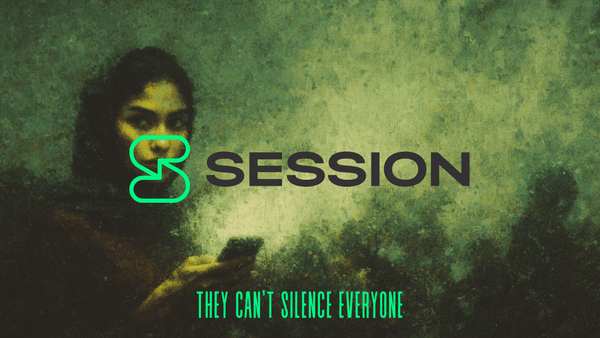The Dread Pirate Ross Returns From Digital Exile
Ross Ulbricht walked out of prison after 11 years with nothing but the clothes on his back. Within months, he'd become a Bitcoin millionaire again not from government compensation, but from the crypto community rallying around him like he was their prodigal son returning home.

The man who created Silk Road, the first major darknet marketplace, received a full pardon from President Trump in January 2025 after serving 4,130 days in maximum security prison. His crime? Building a website where people could buy drugs anonymously using Bitcoin. His original sentence? Two life terms without parole a punishment so severe it made serial killers jealous.
Silk Road operated from 2011 to 2013 as a hidden service on the Tor network, facilitating over $183 million in sales and generating $13 million in commissions during its brief existence. All transactions were conducted in Bitcoin, making it one of cryptocurrency's earliest and most notorious use cases. The marketplace processed over 1.2 million transactions before the FBI shut it down and arrested Ulbricht in a San Francisco library in October 2013.

At Bitcoin Vegas last week, Ulbricht made his first major public appearance since his release, delivering a speech that had the audience on their feet. Before his appearance he auctioned off personal items from his time in prison on Scarce.city, turning artifacts of state oppression into Bitcoin-denominated collectibles.

The auction results were wild, even by crypto standards. His final prison ID card sold for 11 BTC – approximately $1.1 million. Prison paintings he created behind bars went for 0.69 to 0.71 BTC each. A prison locker lock that secured his few possessions sold for 0.11 BTC, around $11,000. In total, the auction raised about 17 BTC for Ulbricht and his family.
But here's where the story gets really interesting: shortly after his release, Ulbricht received a mysterious 300 BTC donation worth approximately $31 million. The transfer sparked massive speculation in the crypto community. Was it a genuine donation from supporters, or something more intriguing?
Some blockchain analysts suggested the funds might represent old Silk Road Bitcoin finally making their way back to their original owner. One anonymous Twitter user claiming to have analyzed dormant addresses linked to Silk Road noted that wallets containing 3,422 BTC with "Silk Road origins" moved for the first time in over 12 years coincidentally around the time of Ulbricht's release.
The analysis is unverified and should be taken with appropriate skepticism, but it raises fascinating questions about how much Bitcoin from the Silk Road era remains in circulation, potentially controlled by the site's original operators or early users.
What we know for certain is that the U.S. government seized approximately 174,000 Bitcoin from Silk Road operations. They've since auctioned off portions of these holdings, with venture capitalist Tim Draper famously purchasing nearly 30,000 BTC in a 2014 auction. But the government still controls a substantial Bitcoin war chest over 207,000 BTC as of recent estimates, making it one of the largest Bitcoin holders in the world.
This brings us to perhaps the most important question surrounding Ulbricht's case: justice.
The man spent over a decade in maximum security prison for creating a website. No violence was involved in his actual conviction. The alleged murder-for-hire charges that dominated headlines were never formally prosecuted. Meanwhile, the government that imprisoned him has become enormously wealthy from the Bitcoin they seized – Bitcoin that would have made Ulbricht one of the richest people on the planet had he been allowed to keep it.
At today's prices, his seized 144,000 BTC would be worth over $15 billion.
Think about that for a moment. The U.S. government imprisoned a man for over a decade, seized what would have become a multi-billion-dollar fortune, and now sits on one of the world's largest Bitcoin treasuries while seriously considering establishing a "Strategic Bitcoin Reserve." Meanwhile, the man who helped prove Bitcoin's utility as a medium of exchange – however controversial the context – walked out of prison with nothing.
Would Ulbricht have been pardoned if Bitcoin had remained worthless? If Republicans hadn't embraced cryptocurrency as a political wedge issue? If the crypto community hadn't grown large and politically influential enough to make his case a cause célèbre?
The timing seems more than coincidental.
Ulbricht's pardon removes his criminal convictions but doesn't restore his seized assets. Federal forfeiture is a separate legal matter from presidential pardons. The $183 million forfeiture order remains in effect, meaning the government keeps everything they took while Ulbricht was sentenced to die in prison for a non-violent crime.
The crypto community's response – sending millions in donations and paying astronomical prices for his prison artifacts – represents something deeper than charity. It's a statement about justice, about the nature of financial freedom, and about who gets to decide what constitutes legitimate economic activity.
As Congress debates establishing a Strategic Bitcoin Reserve with taxpayer funds, perhaps they should consider a simpler approach: return the billions in Bitcoin seized from someone whose "crime" was proving the technology actually worked.
After all, if Bitcoin is now considered strategic enough for government reserves, maybe the man who helped demonstrate its revolutionary potential deserves more than a pardon and a pat on the back.
Justice delayed is justice denied. But in Ulbricht's case, justice was simply stolen and it's currently sitting in government wallets, appreciating in value every day.








